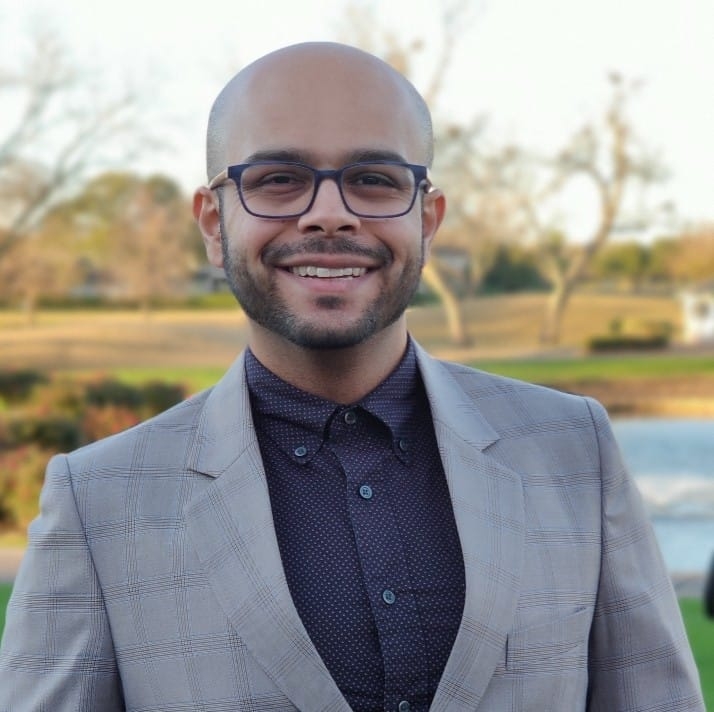
Automated robocalls are a normalized annoyance of modern American society. And thanks to a recent Supreme Court ruling, they could get a lot worse.
The Supreme Court issued an opinion, as reported by Gizmodo, on Thursday that gives a narrow window for certain companies to call its users with automated systems. It also ruled that text alerts are exempt from anti-robocall laws. This would mean that Facebook, with its 2.79 billion users, could effectively call or text anyone for which it has phone numbers.
- How to block robocalls
- These are the best VPN services worth downloading
- Plus: Facebook is looking to steal Clubhouse's best features
"Congress’ chosen definition of an autodialer [automatic telephone dialing system (ATDS)] requires that the equipment in question must use a random or sequential number generator. That definition excludes equipment like Facebook’s login notification system, which does not use such technology," states the Supreme Court opinion.
Based on this opinion, as long as a company doesn't use random or a sequential number generator (i.e., if there's already a database with phone numbers), then it's legal for that company to send out mass alerts without violating the Telephone Consumer Protection Act (TCPA).
This all started back in 2015, when Noah Duguid received texts from Facebook saying that his account had been compromised. This was confusing for Duguid, as he had never created a Facebook account.
Duguid tried to remedy the issue based on the information in the text message, but to little avail. The message told him to go into his account settings, but there was no account to go into.
After multiple failed attempts in trying to contact Facebook, Duguid hired a lawyer. They sent a letter to Facebook, saying that the company had violated the consumer protection statute. If Facebook had admitted its error, the fine would have been a paltry $1,500 per text. And for a company that brought in $86 billion in revenue last year, it would have been a single H2O molecule in the social media giant's bucket.
Sign up to get the BEST of Tom's Guide direct to your inbox.
Get instant access to breaking news, the hottest reviews, great deals and helpful tips.
But Facebook did not admit its error. Instead, the company pushed the case all the way to the Supreme Court. And the Supreme Court ruled in Facebook's favor.
This has already caused alarm among privacy advocates, who say it opens the door for companies to annoy Americans even more.
"Companies will use autodialers that are not covered by the Supreme Court's narrow definition to flood our cellphones with even more unwanted robocalls and automated texts," said Margot Saunders of the National Consumer Law Center (NCLC) in a statement. She added, "Americans already receive 46 billion robocalls a year. We call on Congress to act immediately to provide needed protection against unconsented-to automated calls and texts so that cellphones are not rendered useless due to the expected huge increase in unwanted robocalls and texts."
Given that Facebook is usually in some sort of political hot-seat at any given time, it's unlikely that the company will start using this ruling to send more mass alerts in the near future. Although, it could do so at a later date.
Of course, a less-than-desired Supreme Court ruling can always be remedied with a new law. Already, Senator Ed Markey of Massachusetts and Congresswoman Anna Eshoo of California have issued a statement calling the ruling disastrous. It's likely we could see new legislation to redefine robocalls in either this Congressional session or next.
Imad is currently Senior Google and Internet Culture reporter for CNET, but until recently was News Editor at Tom's Guide. Hailing from Texas, Imad started his journalism career in 2013 and has amassed bylines with the New York Times, the Washington Post, ESPN, Wired and Men's Health Magazine, among others. Outside of work, you can find him sitting blankly in front of a Word document trying desperately to write the first pages of a new book.

